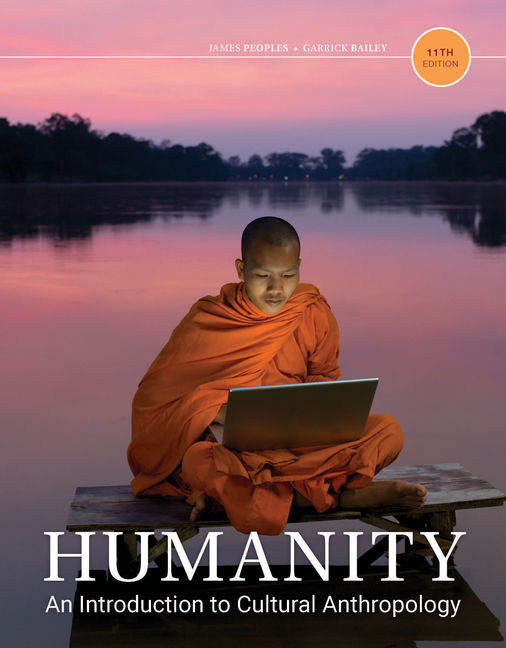As we navigate the multifaceted terrain of human existence, cultural anthropology emerges as a pivotal discipline that seeks to elucidate the intricate tapestry of human societies. At its core lies a simple yet profound principle: the relentless pursuit of inquiry. In asking questions about cultural anthropology, we embark upon a journey that promises a shift in perspective, piquing curiosity and fostering a more profound understanding of humanity through the lens of cultural relativism.
Cultural anthropology, as a subfield of anthropology, posits that the customs, beliefs, and practices of a group must be understood in their own context. This notion of cultural relativism is not just a methodological tool but a philosophical stance that encourages us to suspend our ethnocentric inclinations. When we approach other cultures through questions that seek meaning, we open the door to a transformative understanding of humanity. Employing an inquisitive mindset is, therefore, essential for anyone delving into the study of cultural diversity.
The inquiry process begins with fundamental questions that probe the essence of cultural behaviors. What does it mean to belong to a particular group? How are values and morals constructed within various societal frameworks? These questions surface not only the overt practices of a culture but also the underlying assumptions and narrative structures that inform them. By questioning cultural norms, anthropologists can uncover the often-unseen dynamics that dictate human interaction.
Moreover, the act of asking questions extends beyond mere academic curiosity; it has significant implications for social justice. Recognizing the importance of diverse worldviews fosters an appreciation for multiculturalism, which is essential in an increasingly globalized society. When one understands that different communities have unique cultural logics, it becomes easier to approach issues such as inequality and injustice not as absolute wrongs, but as culturally situated phenomena demanding nuanced solutions. Consequently, cultural anthropology implicitly encourages a dialectical relationship between questions and answers — each inquiry begets further exploration, illustrating the infinite complexity of human societies.
Cultural relativism serves as a foundation for developing empathy. An anthropologist’s task is not merely to observe but to engage deeply with the subjects of study. By asking questions that prioritize understanding over judgment, anthropologists can uncover the rich narratives that infuse daily practices with meaning. For instance, why might a community practice a particular ritual that appears archaic or outdated to an outsider? Within that inquiry lies a treasure trove of historical significance, emotional resonance, and social cohesion. Engaging these questions reshapes the observer’s perspective — moving from a binary understanding of right and wrong to a multifaceted appreciation of human endeavor.
One essential aspect of inquiry in cultural anthropology involves recognizing power dynamics at play. Ethnography, a primary method of data collection in cultural anthropology, often requires the researcher to question their own positionality. How does the researcher’s background influence their interpretation of a culture? The answers to such questions reveal the intricate dance of power, privilege, and representation that shapes cultural narratives. By scrutinizing the researcher’s lens and biases, ethnographers can provide a more authentic representation of the cultures they study, thus enriching our collective understanding of humanity.
Asking questions in cultural anthropology also prompts a deeper reflection on the temporal dimension of cultures. Human behaviors, traditions, and beliefs are not static; they evolve in response to social, environmental, and historical changes. What are the forces driving these changes? How do globalization and technology interact with traditional practices? Each question encapsulates the dynamism of culture and challenges the notion of cultural conservation that often pervades popular discourse. Understanding that culture is fluid – shaped by everyday human interactions — encourages an appreciation for its complexity, imbuing our understanding of human identities with greater nuance.
Furthermore, it is essential to consider the implications of cultural anthropology in addressing contemporary global challenges. In an era marked by sociopolitical upheaval, environmental degradation, and public health crises, cultural anthropologists are uniquely positioned to offer insights that facilitate understanding across divides. Through the process of questioning, anthropologists can uncover the cultural attitudes that inform responses to these challenges. What beliefs shape community reactions to climate change? How does cultural identity influence access to healthcare? Such inquiries not only illuminate the unique responses of different communities but also help cultivate collaborative strategies that span cultural boundaries.
In conclusion, the act of asking questions about cultural anthropology is central to comprehending humanity from a culturally relativistic perspective. Each question serves as a catalyst for deeper understanding, facilitating empathy, unraveling complexities, and recognizing the interplay of power within cultural narratives. Promoting a culture of inquiry within anthropology is not merely an academic endeavor; it is a transformative practice that fosters a more inclusive, compassionate, and nuanced understanding of our shared human experience. As we continue to grapple with the intricacies of human diversity, the questions we pose will undoubtedly shape our journey towards a richer narrative of humanity.
